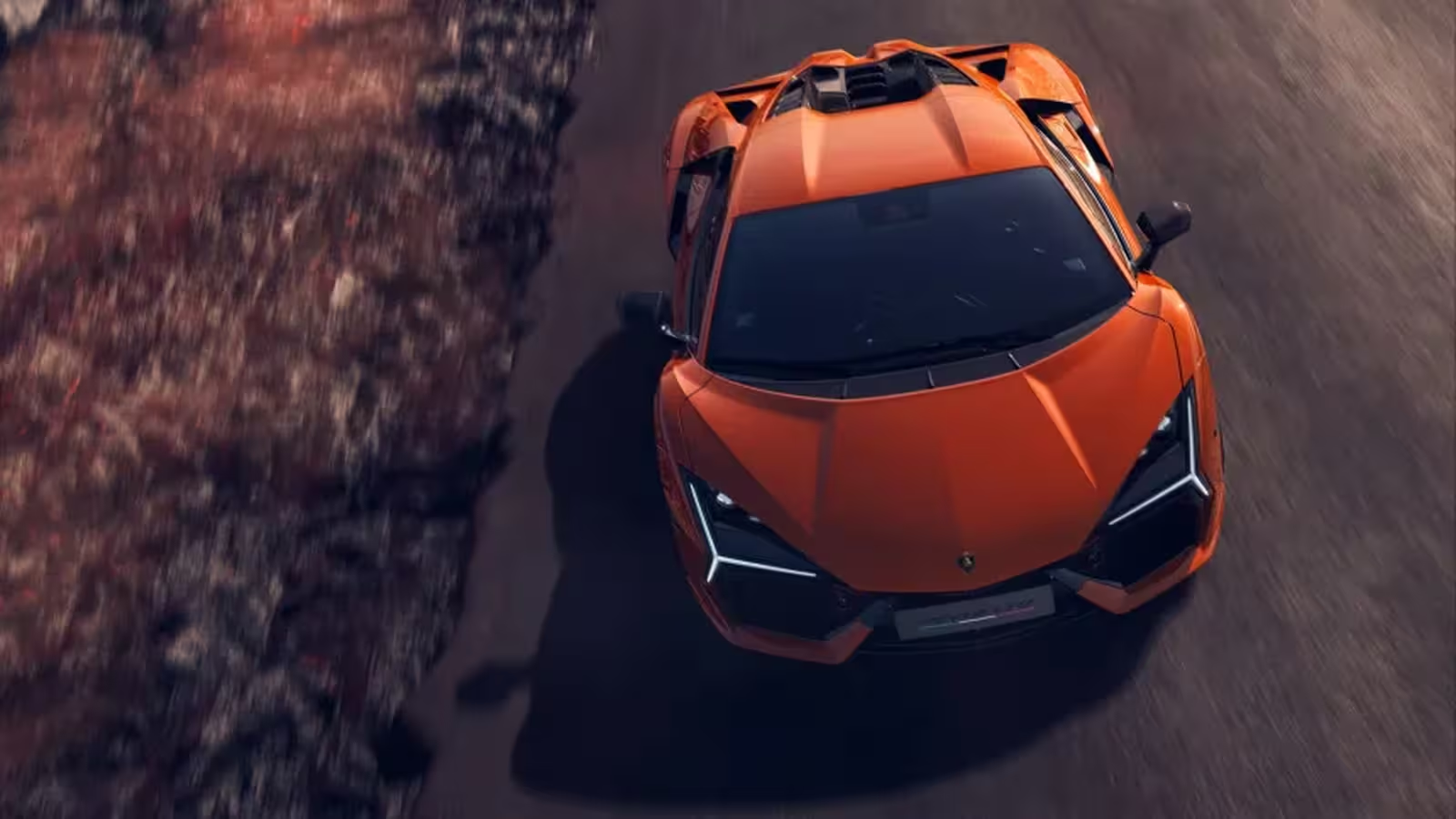6 Minutes
The Pressure for Electrification in the Automotive Industry
With global automakers racing to electrify their most beloved models, the motoring world is buzzing about one big question: Will General Motors take the bold step and launch a fully electric Chevrolet Corvette, or will it preserve its V8 muscle against the industry's electric future? As regulatory demands tighten and environmental awareness rises, legendary nameplates from various brands have gone electric, aiming to cut emissions and meet ambitious climate targets.
The Corvette in Europe: Responding to Stringent Regulations
The Chevrolet Corvette, a staple of American automotive performance, made a comeback to the European market in 2020 with the C8 generation. This marked its return after the C6, as the C7 was pulled from Europe in August 2019 due to stricter emissions laws. Given Europe’s pledge to achieve an all-electric new car market by 2035, General Motors faces a crucial decision: adapt or risk retiring the Corvette name from European roads.
The Electrified E-Ray: Blending Power with Innovation
Chevrolet’s current response to these challenges is the Corvette E-Ray. As the only all-wheel-drive Corvette ever produced, the E-Ray features a formidable hybrid powertrain; it seamlessly combines a robust 6.2-liter V8 engine with an electric motor, delivering a staggering 655 horsepower. Drivers can expect exhilarating figures—a 0 to 60 mph (0 to 97 kph) time of just 2.5 seconds, quarter mile runs in 10.5 seconds at 130 mph (209 kph), and a top speed of 183 mph (295 kph). The E-Ray stands as the quickest production Corvette to date, showcasing that electrification can enhance, not dilute, performance.
Is a Fully Electric Corvette Coming Soon?
Yet, according to Tony Roma, Corvette’s Lead Engineer, the idea of a fully electric Corvette remains "science fiction" for now. As revealed in a recent discussion at the Goodwood Festival of Speed, GM isn’t interested in building an electric Corvette solely to satisfy regulations. Instead, the company is committed to maintaining the naturally aspirated V8 engine as long as possible, differentiating themselves from rivals rapidly moving their sports cars to fully electric platforms.
Another insight—GM currently has no plans for a plug-in hybrid Corvette, a path that brands like Ferrari (with the SF90) and Lamborghini (with the Revuelto PHEV) have already taken. Roma highlights the E-Ray’s simple yet advanced experience: “You just fire it up and drive. It charges the battery for you. It does everything.”
Still, GM is exploring the future. The company’s UK-based design studio in Leamington Spa recently unveiled a Corvette EV concept. This futuristic design boasts a low-profile silhouette, striking gullwing doors, and a split rear window—a stylistic nod to the iconic C2 Corvette from 1963. While the vehicle remains a concept, it signals GM’s willingness to imagine an electric future for their iconic sports car.
What Would an Electric Corvette Need to Succeed?
A crucial factor for any electric Corvette, Roma stresses, is the emotional connection. “It can’t just be fast,” he explains, “because 0–60 mph is becoming a meaningless metric.” With electric sedans like the Lucid Air Sapphire and Tesla Model S able to sprint from 0–60 mph in under two seconds, pure acceleration is losing its wow factor. He notes, “I’ve driven a lot of really good electric cars—most of them don’t have that emotional connection.”
This is an important consideration for GM, as the Corvette lineup already features powerhouse models like the ZR1 and ZR1X, which have raised the bar for performance and left little room for further acceleration improvements. Instead, future electric versions must be "engaging," prioritizing driving feel, dynamic response, and connection over just raw numbers.
EV Market Position: GM’s Broader Electrification Strategy
GM’s efforts in electrification aren’t limited to the Corvette. The automaker has already introduced electric vehicles like the Cadillac Lyriq and Optiq to the European market and is evaluating the potential launch of Chevrolet Blazer EV and Equinox EV models. However, with the Tesla Model Y still leading EV sales in Europe, GM recognizes that simply offering electric options isn’t enough—these vehicles must deliver excitement alongside efficiency.
History Repeats: How Other Iconic Models Transitioned to EVs
Bringing a legendary model into the electric era rarely happens without growing pains. General Motors has watched as Stellantis faced backlash for ending production of the Dodge Charger and Challenger V8-powered muscle cars and replacing them with electrified versions. Ford encountered similar controversy when launching the Mustang Mach-E, which initially upset traditional muscle car enthusiasts for diverging from the Mustang's core DNA.
Yet, market trends show the initial pushback often fades. By 2025, the Mach-E had surpassed the classic Mustang in sales, with figures from 2024 revealing 51,745 Mach-E units sold compared to 44,003 conventional Mustangs. Porsche's Taycan faced similar skepticism at launch in 2019 but quickly found its place in the electric performance niche, preparing the ground for future models like the electric Cayenne SUV.
The Road Ahead: When Will We See an Electric Corvette?
GM is evidently in no rush to rush a battery-powered Corvette to market. While embracing electrification with models across their lineup, their priority is delivering a next-generation Corvette that continues to evoke passion, exhilarating performance, and timeless design. For purists and enthusiasts, the naturally aspirated V8 is safe for now, but as emission benchmarks tighten—especially in global markets like Europe—change could come sooner than expected.
One thing is certain: When the electric Corvette does arrive, it will have to offer more than numbers. It will need to remain an emotional driving experience and retain the spirit that made it a symbol of American performance. Until then, the world watches and waits as General Motors balances tradition and innovation at the very core of its most storied nameplate.
Source: autoevolution


Leave a Comment